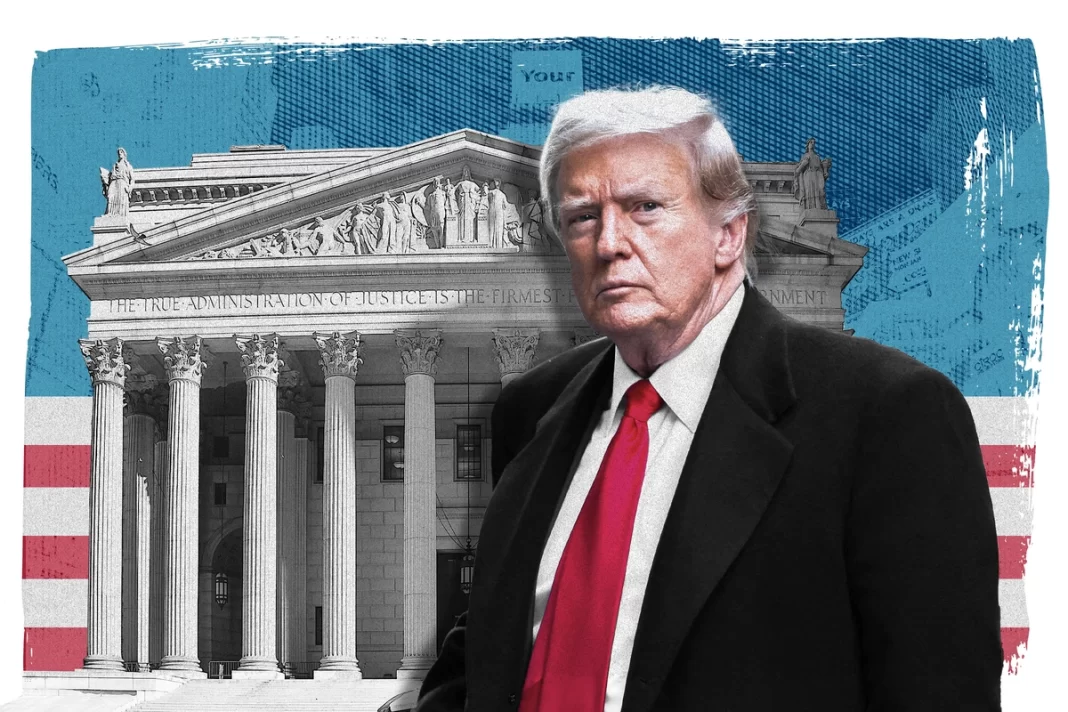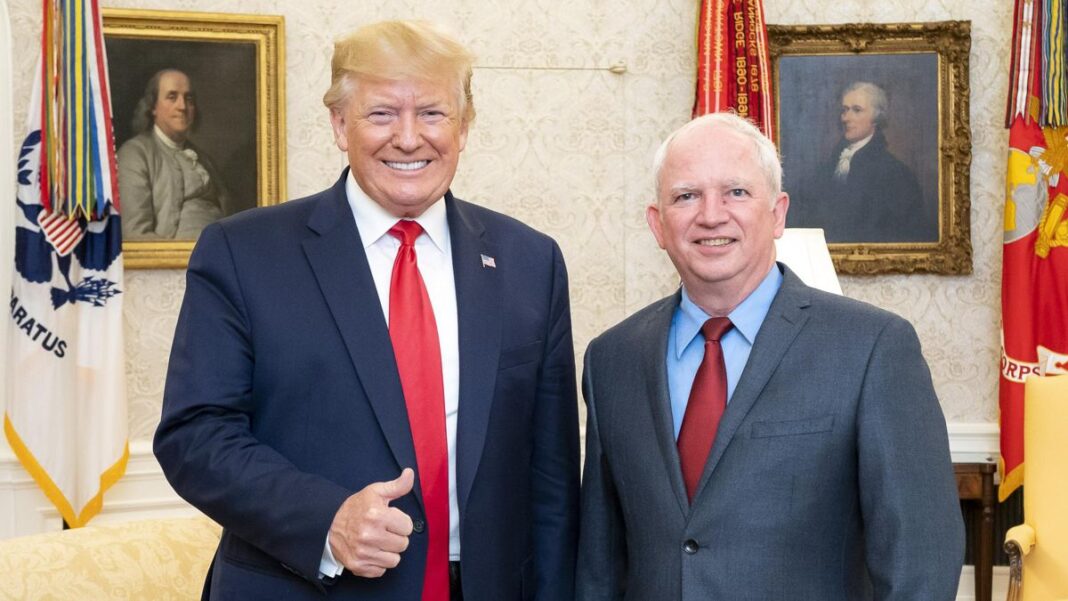
Business insiders won’t say it out loud, but many worry that they could face financial ruin if they run afoul of the politically powerful in New York.
Monday’s dramatic bond reduction for former President Donald Trump did nothing to dissipate the dark cloud that his civil-fraud case has cast over New York business deals.
Although investors won’t publicly admit it, the case is having a chilling effect, said Charles Trzcinka, professor of finance at Indiana University-Bloomington.
“If you talk to people in this market, they are very, very upset … and these are people who are neutral or even opposed to Trump,” Mr. Trzcinka told The Epoch Times. “They’re just angry about it.”
In his role at the university, Mr. Trzcinka said he places students in the corporate lending market in New York, making him aware of trends in that sphere.
An appeals court’s decision to slash the bond by about 60 percent, reducing it to $175 million, still left a massive penalty intact while President Trump continues a legal challenge of Justice Arthur Engoron’s ruling.
Judge Engoron ruled that President Trump and his associates fraudulently overvalued their assets. But Mr. Trzcinka said anyone who thinks President Trump’s activities in that case were irregular or fraudulent may lack an understanding of typical New York business transactions.
A source familiar with the case explained to The Epoch Times that, normally, business-related cases are handled in the New York courts’ commercial division.
There, cases are decided by judges who have specific, “sophisticated” knowledge of commercial law and business practices.
But the case didn’t go that route because New York Attorney General Letitia James found a novel way to use New York’s anti-fraud law.
Researchers examined other alleged fraud cases in New York over a 70-year period and found the Trump case stands alone. The Trump Organization was the only company that confronted the possibility of being forced out of business despite no victim suffering major financial harm.
Because of Ms. James’ unusual application of the law, the case was channeled to a court that would rarely, if ever, handle business-related matters.
Thus, the source said, “This case proceeded in just a highly irregular fashion from the start.”






